Gen. Abdulsalami Abubakar. Commodore Ebitu Ukiwe. Alhaji Sa’ad Abubakar III. Cardinal John Onaiyekan. Alhaji Aliko Dangote. Prof. Bolaji Akinyemi. Mr. Sam Amuka-Pemu. Mrs Priscilla Kuye. What do they have in common? Age? Far from it. Politics? Not quite. Cash? No. These were some of the eminent Nigerians in the National Peace Committee convened by Bishop Matthew Kukah to help keep Armageddon at bay before, during and after the 2015 general election. There was also the Justice Mohammed Uwais-led Council of the Wise, convened by Prof. Ibrahim Gambari and supported by Dr. Kole Shettima-led MacArthur Foundation, to help undermine the Doomsday.
Now that the presidential election has come and gone and there are no rioters on the streets, no curfew, no indefinite closure of universities, no massive looting and shooting, no running helter-skelter, no Red Cross, no Red Crescent, no Médecins Sans Frontières, no “Muslim North, Christian South” analysis on CNN, no AU peace-keeping force, it is all too easy to forget that just a few weeks ago, we feared the country was on the verge of a political meltdown. It is also so easy to forget that in addition to all the praying and fasting, there were people who worked tirelessly and selflessly day and night to ensure that Nigeria did not descend into yet another political impasse.
As a young man who has read or seen a lot of political upheavals in Nigeria, I take nothing for granted. In the First Republic, allegations of rigging led to the deaths of as many as 2,000 persons in the “Wetie” uprising in the Western Region. Over 5,000 houses were burnt in protest. In the Second Republic, violence broke out after the 1983 elections. Hon. Tunde Agunbiade, the Majority Leader of Ondo State House of Assembly, was killed along with his wife, two children, driver and five others. Hon. Olaiya Fagbamigbe, a federal lawmaker and secretary of NPN in Ondo State, was burnt to death. In fact, ten members of his household were burnt with him.
In the aftermath of the annulment of the June 12, 1993 presidential election, soldiers killed protesters mercilessly in Lagos as the military authorities tried to suppress popular resistance. Activists were going in and out of jail by the minute. Everything was paralysed. You could leave your house and get stuck midway, unable to proceed to destination or return home, as a result of constant outbreak of violence. In 2011, more than a thousand persons, including youth corps members on national service, were killed in the north because of the elections. If you do not think deeply, you are most unlikely to appreciate the relative peace we enjoy today.
Advertisement
It is not as if the elections were without incidents. Over 50 persons still lost their lives, and Rivers State looked more like a war zone than an electoral battleground. But by and large, the world did not come to an end as we had feared. That an opposition party won for the first time, that the sitting president did not resort to any funny game but accepted the results and congratulated the winner, that the Niger Delta militants who initially threatened hell fire are now speaking like people who want peace… ladies and gentlemen, if you do not see this season as a positive one worth congratulating ourselves for, then you’re stone-hearted.
We must recognise the efforts of those who managed the situation behind the scene, working the phones, calling meetings, drafting accords and constantly reminding the combatants of their responsibility as statesmen and citizens. Gen. Abubakar, former head of state who chaired the peace committee, appears to enjoy the respect of both President Goodluck Jonathan and Gen. Muhammadu Buhari. It was not an easy deal to strike, and I understand he met with frustrations as supporters of the candidates continued to violate the terms of the agreement through inciting statements and pronouncements.
Ukiwe, former chief of general staff, is a bit quiet but he worked for national peace with absolute commitment. Onaiyekan and Sultan Abubakar III have always demonstrated that religious leaders from opposite faiths can work for the same purpose. Maturity is a key element of leadership lacking in many Nigerian clergymen who are fond of making statements that can only hurt the cause of peace and unity. Dangote, representing the private sector, arrived on the scene just at the right time. Credit must go to Kukah who continues to contribute positively to national development. We must appreciate Uwais and Gambari for their patriotic intervention.
Advertisement
Let me tell you something that you already know: if Nigeria is going to move from strength to strength, it has to be a deliberate plan. Things will not happen on their own. We would not have peace if we don’t work consciously towards it. We would not have national cohesion just like that. We would not banish poverty if we don’t make it a focal point of policy. We are not going to go to bed tonight and wake up tomorrow morning to discover that all the cockroaches and mosquitoes have disappeared. We won’t just get up one day and discover that all our troubles and worries are gone. We must work hard to solve these problems. Let’s be clear about that.
Before the general election, I was asked by many Nigerians and foreigners about a possible breakdown of law and order. Some said 2015 was going to mark the end of Nigeria in line with the supposed “prediction by CIA” which is quoted by experts and commentators who have never seen any such CIA report. While I had my fears about the elections, I never believed Nigeria was about to disband. The Nigeria that I know, the Nigeria I have travelled extensively, the Nigerians that I interact with everyday — I am yet to see concrete signs that they are preparing for divorce, except on Twitter and Facebook. Yet, I would take nothing for granted.
Even in my enthusiasm, I would like to say the job is not finished. Despite the unprecedented level of concessions by those who lost, from the president to the governors, there are those who are still hurting and hurting badly. Some still speak the language of violence. There are those who think vengeance by any means is the best way forward. The message of peace must continue to be preached and pursued with all tenacity and sagacity. We need a new national spirit, a new thinking, a new politics. We have to do away with the old mindset of do-or-die and put the peace and prosperity of Nigeria above personal interests.
I believe we went to war in 1967 because of the inexperience of our leaders. They were too young to manage the combustible side of their personalities. They also did not know how to handle brinkmanship. They had no experience to learn from. I believe we have learnt from the civil war. We are better equipped today. This has helped us manage other serious crises better, notably the June 12 impasse and the President Umaru Musa Yar’Adua illness-induced constitutional logjam. In all our anger and agitations, we must know that we cannot make progress without peace and national cohesion. The time to kill is gone. It is now time to heal.
Advertisement
AND FOUR OTHER THINGS…
THE CHIBOK GIRLS
So it is over a year now that the hapless Chibok schoolgirls were abducted? What a tragedy. I still remember vividly when the media reported that hundreds of girls were kidnapped and how the military authorities hastily announced that all but eight of them had escaped and returned home. As the blame-game and the ‘na only you waka come’ drama broke out, my driver told me something that I will never forget: “They won’t find those girls again. The government has left things too late.” Let’s still hope they will return one day. But government could have done better. Definitely.
XENOPHOBIC SICKNESS
Black South Africans have a history of violence. Perhaps the worst crime of apartheid was that it prevented the blacks from being properly educated and equipped with entrepreneurial skills. The society is still paying — and will continue to pay — the price. These guys are mentally limited and are therefore unable to utilise their opportunities to lead a meaningful life. Ongoing attacks against foreigners whom they accuse of taking their jobs is only a symptom. If they can kill just to steal a mobile phone or nick a wristwatch, what then can’t they do? They need mental and emotional re-engineering. Clearly.
Advertisement
ODE IRELE MYSTERY
While the world is still trying to contain Ebola which turned three West African countries to graveyards, a strange ailment has broken out in Ode Irele, Ondo state, killing 17 persons in two days. It kills with speed — within 24 hours — after a headache, according to reports. Ebola does not kill that fast, and this should worry us more. The disease reportedly started when a corpse was exhumed and those who had contact with it were afflicted. Locals attribute it to an abomination. All I can say is that this is an emergency. We must react and contain it. Decisively.
Advertisement
MEDITERRANEAN TRAGEDY
Many Africans are doing the unthinkable just to get into Europe — and too many are losing their lives in avoidable circumstances. The anarchy in Libya has afforded some fast guys the business opportunity of ferrying would-be migrants by flimsy boats to Italy, where they hope to seek asylum. Nigerians are, not unexpectedly, part of these desperate travellers. I was shocked to learn that some pay as much as $1,000 (or N200,000) to get on the boat. Now if I had access to that kind of money, I would rather sell pure water or recharge cards than flee to Europe. Honestly.
Advertisement
1 comments

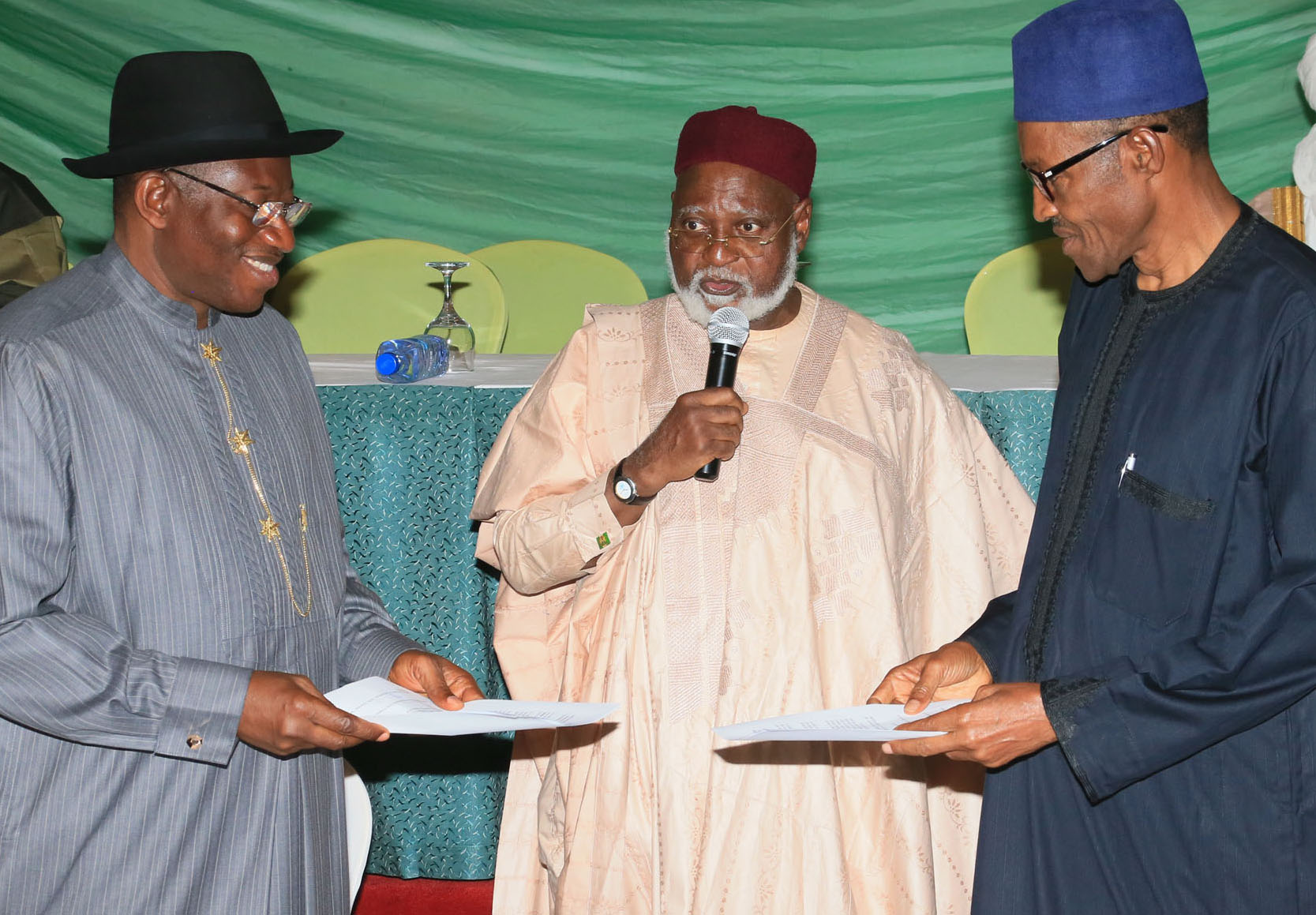
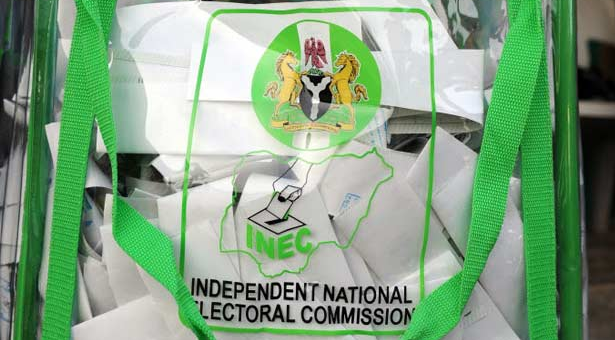
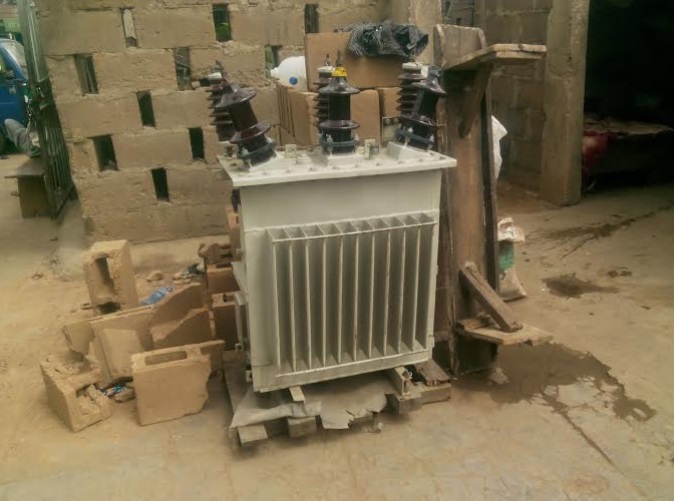

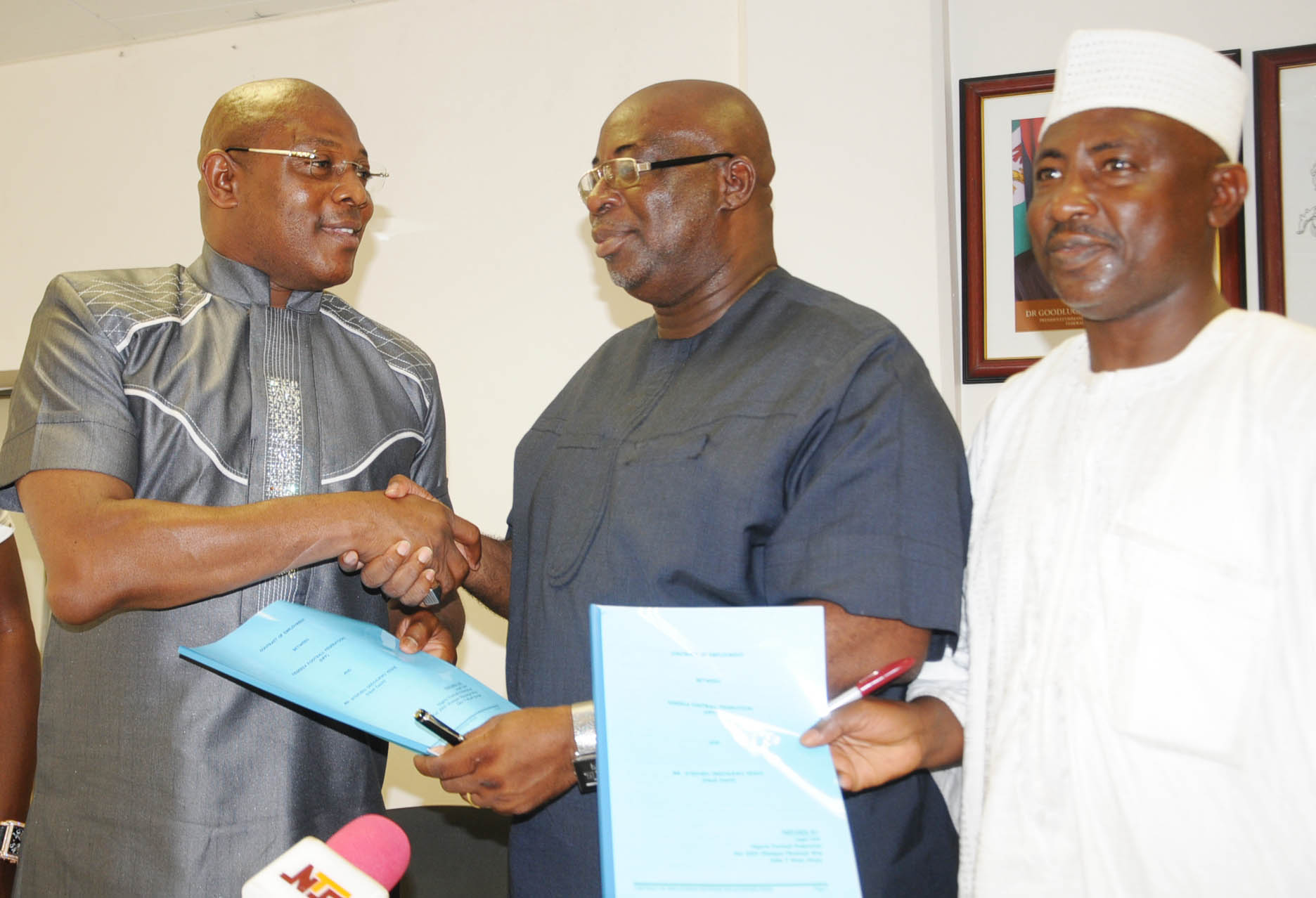
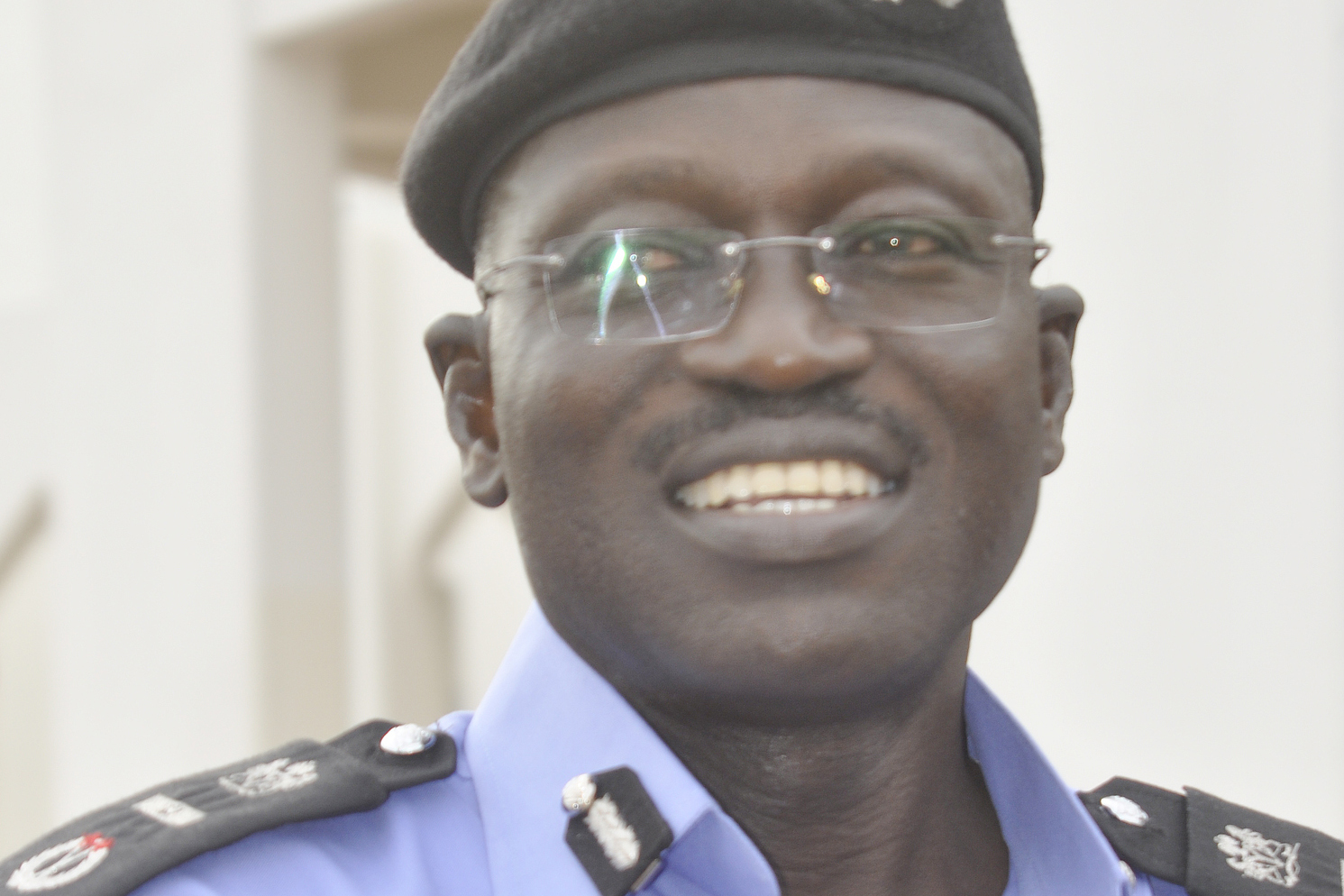
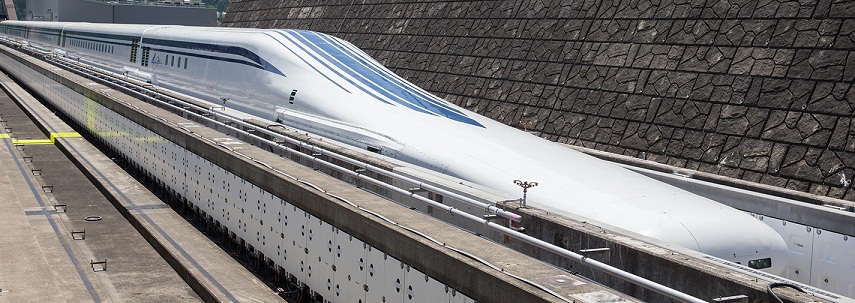
Simon are you now living in England? How come ? I hope you didn’t flee!!!